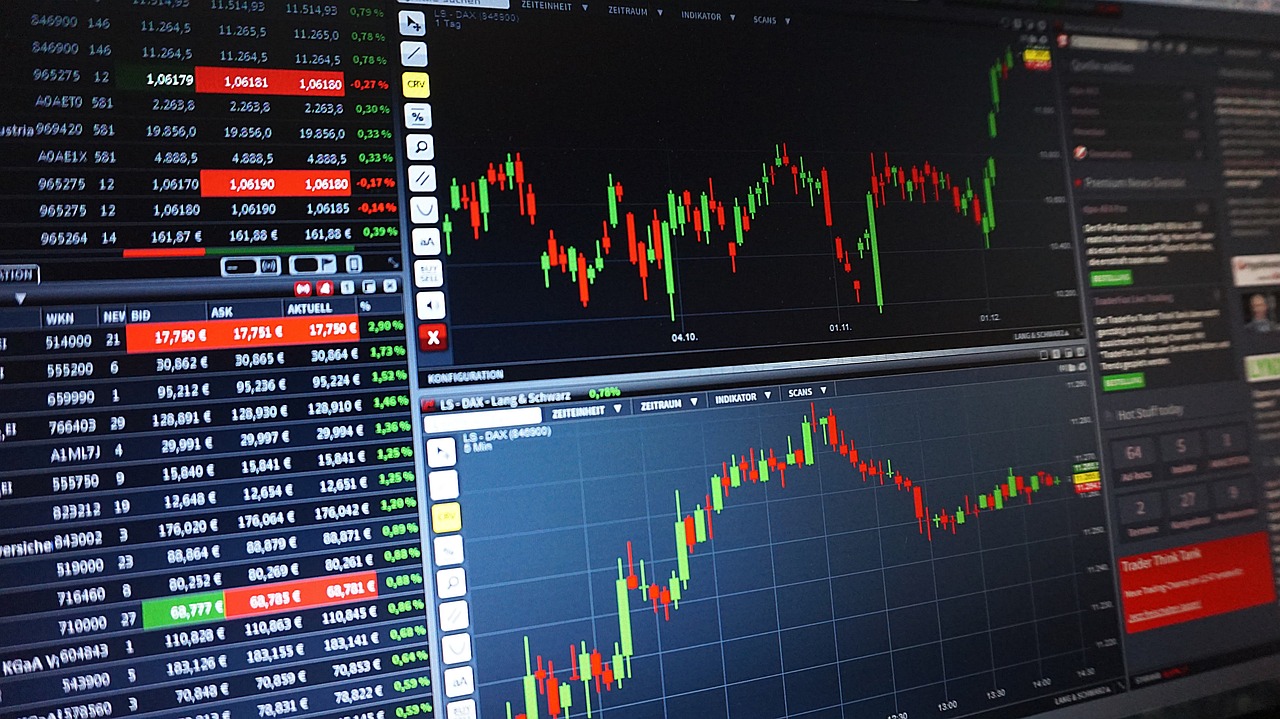Bank & NBFC Loan Recovery Harassment in India: Know Your Rights and How to Fight Back
Every year, millions of Indians who have taken loans from banks or Non-Banking Financial Companies (NBFCs) face a reality that…

The Nifty 50 is more than just an index. It is a record of India’s remarkable economic development that effectively monitors the performance of the 50 largest and most liquid firms that are listed on the Indian National Stock Exchange (NSE). In this article, we will cover how this index has grown in the last 25 years.
We can undoubtedly learn more about the elements that have driven our success and the potential obstacles the Nifty 50 may face in the years to come by looking at its previous performance.
The base value was set at 1000 when the Nifty 50 first began to show its strength in 1996. And now, in the present, the nifty 50 chart on TradingView of all timeshows an upward trajectory of this index and the Indian economy too.

This index includes a wide spectrum of businesses, from the titans of information technology and banking to vital areas like consumer products and oil and gas.
The famed ascent of the Nifty 50 wasn’t created in a single day. To properly map out its future trajectory, we must go back 25 years and examine its utterly amazing path.
The Nifty 50 was established in India amid a time of political unrest. An environment of uncertainty for investors was brought about by frequent changes in government. The index increased slower during this initial time than it did in subsequent years.
The Global markets were rocked by this regional economic collapse, and India was not exempt. The first major dip in the Nifty 50 index demonstrated how intertwined the financial systems are. But the rebound happened quickly, demonstrating the fundamental strength of the Indian economy.
During this time, technology equities enjoyed a global upsurge. The Nifty 50 was influenced by the mood of the global market even though India at the time did not have a sizable IT sector. The collapse of the dot-com boom resulted in a temporary correction in the index, albeit one that was not as severe as the Asian crisis.
The Nifty 50 saw its greatest loss ever, shedding more than 50% of its value. This global economic collapse was a true test for the index. The Nifty 50 index recovered thanks to diversification and a stronger emphasis on domestic consumption.
The US Federal Reserve’s announcement that it would be scaling back its quantitative easing programme set off a period of market trepidation. This led to capital flight from developing economies such as India, which caused a brief period of volatility in the Nifty 50.
The COVID-19 pandemic had a quick and significant effect on the Nifty 50, in contrast to other catastrophes. Early in 2020, as lockdowns and economic instability swept the globe, the index saw a dramatic fall. But the tale doesn’t stop there.
The Nifty 50 recovered more quickly than anticipated thanks to the Indian government’s prompt stimulus package implementation and the innate adaptability of Indian companies. The index showed the market’s faith in India’s long-term growth story by not only making up lost territory but also setting new records. At present the Nifty 50 index is trading above Rs. 22000.
The 25-year history of the Nifty 50 is evidence of the resilience and strength of the Indian economy. Despite a pandemic, international crises, and political unrest, it has persevered and grown stronger. The Nifty 50 is in a good position to serve as a beacon as India’s economy continues to rise, demonstrating the potential and vibrancy of the Indian market.
Investors can take part in this exciting journey and make educated judgments by having a thorough understanding of the Nifty 50’s historical performance as well as the elements that will shape its future. To invest in this index, open an account with Dhan.
Advertisement